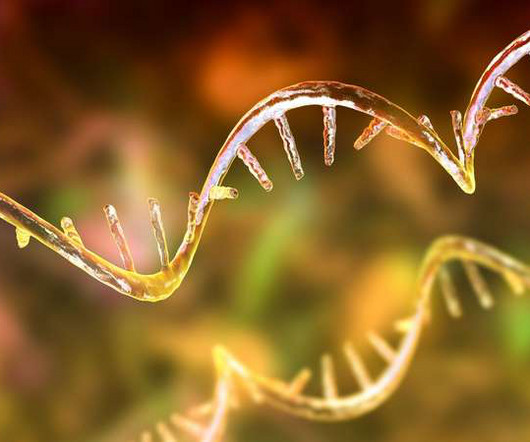Ancient viruses may hold key to gene therapy treatments
Drug Discovery World
DECEMBER 5, 2022
Scientists have unlocked key insights into virus evolution, revealing new information that could help develop treatments for a wide variety of genetic diseases. . Many distinct types of parvoviruses infect mammals – including humans – without causing disease. Parvovirus gene therapy is a cutting-edge biomedical technology.















Let's personalize your content